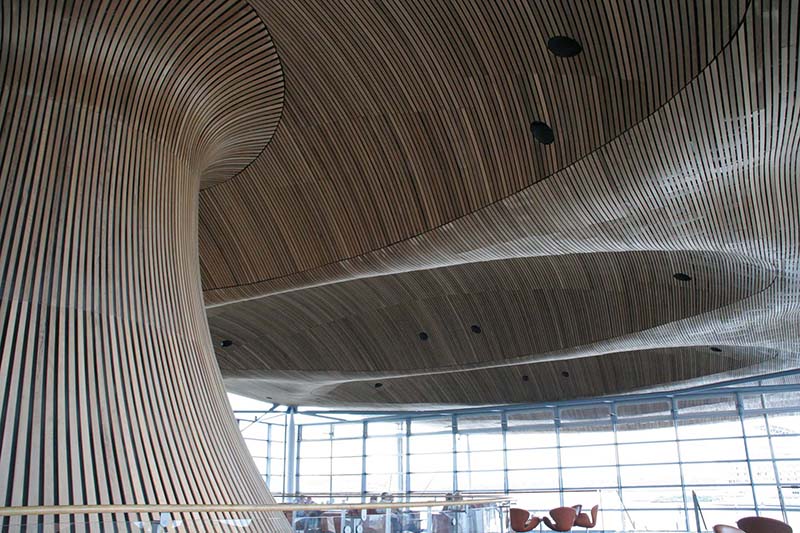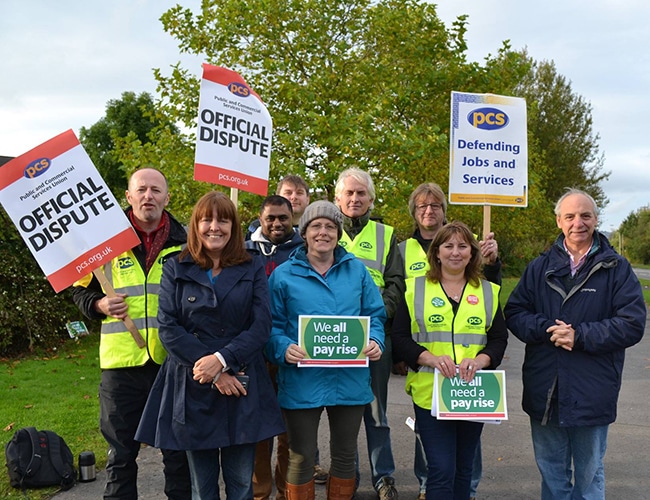- 10/05/2018
- Posted by: Mike Hedges MS
- Category: Assembly Speeches

9 May
Speech on LTT
Perhaps I will start by making a defence of taxation. Taxation exists to pay for public services. Too many people seem to believe that we can have the same quality of public services as Scandinavia but have a taxation system that is more like that of the USA. When you look at the cost of private education and private healthcare, it puts into perspective the value for money we get from our taxation system. It is not by random chance or serendipity that those countries with the highest tax levels have the best public services and those with the lowest tax levels the poorest. It is because taxation is necessary to raise the money to pay for the public services we all need—things like roads, the safety of food and the health service, which we talk about a lot here.411
Quality public services, be they health, education or infrastructure, come at a substantial cost to the public purse and the only way of paying for them is via taxation. Taxation can be on income, profit, consumption, expenditure, or value of land and property, or a combination of all of them. But, you need the taxation to get the money in.412
Copy To Clipboard Share To Facebook Share To Twitter Share To LinkedIn
Video
Will the Member give way?413
Copy To Clipboard Share To Facebook Share To Twitter Share To LinkedIn
Video
Certainly, I was waiting for it.414
Copy To Clipboard Share To Facebook Share To Twitter Share To LinkedIn
Video
Can he explain how he will get this taxation by raising this rate from 5 per cent to 6 per cent when the people investing have the opportunity to not pay it at all by going to Reading or Bristol or Birmingham instead?415
Copy To Clipboard Share To Facebook Share To Twitter Share To LinkedIn
Video
I wish you’d waited for the next page. What I’ll say is this: taxation is our membership fee for belonging to a civilised society. I think perhaps you need to remember that.416
For multinational corporations, corporation tax is an optional payment whose value can be reduced by things such as intra-company charges, paying for intellectual property rights, transferring charges for goods and services, or making the point of sale outside Britain. 417
What people don’t like about land transaction tax and what people don’t like about property taxes is that you’ve got to pay them. You cannot avoid it. These are the difficult-to-avoid taxes. The difficult-to-avoid taxes are the ones that are always under attack and criticism because you can’t get out of them. 418
Taxation can be either progressive or regressive. You either get those with the most money to pay a higher amount, or you get those with the least money to pay proportionally the most.419
Turning to land transaction tax, making land transaction tax more progressive is something I very much welcome. Can I give a worked example on a different value? If a parcel of land is worth a £1 million with zero tax then a tax rate of 100 per cent, its cost will not be £2 million; its cost will still be £1 million, but 50 per cent will be tax and 50 per cent will go to the owner. So, the owner of the land is the only person to lose out, not the purchaser. One of the problems we have is the belief that there is an absolute value of land. So, taxation will be on top of that value—[Interruption.] Can I just finish this bit, Andrew? I’m going to call you in because I’ve mentioned you.420
So, taxation will be on top of that value, rather than part of it. Just see how the price of agricultural land increases when it has planning permission for housing. There is no absolute value. What are you paying in the Vale of Glamorgan for agricultural land? Is it £20,000 or £30,000—421
Copy To Clipboard Share To Facebook Share To Twitter Share To LinkedIn
Video
I’ll sell you some now.422
Copy To Clipboard Share To Facebook Share To Twitter Share To LinkedIn
Video
Mike Hedges AM—for good planning permission land? Is it £1 million an acre in Cowbridge and the Vale? That’s the difference—I’m coming to the end of this sentence—that’s the difference. So, if that land had absolute value, you’d never put it out to auction, because you’d know what its value was and people would have to pay that. Thank you.423
17:35
Andrew RT Davies AM 17:35:19
Copy To Clipboard Share To Facebook Share To Twitter Share To LinkedIn
Video
I am grateful, Mike, that you’ve taken the intervention, and you’ve thrown several figures out there. But, you have to have a market to create those figures, and if you put punitive measures in place as a Government, you kill the market, so you kill the value, so you lose the tax revenue. Don’t you recognise that? People don’t have to come to Wales to invest. They’ve got other opportunities if other environments are more favourable to those investments, as the Scottish model shows.424
Copy To Clipboard Share To Facebook Share To Twitter Share To LinkedIn
Video
I think the point I was making was the land. The land price will not increase. The money people will pay for the land will not increase. What will happen to that share of that market price is that more of it will go into taxation, and less of it will go into large profits for the owner. I think that’s the difference. I believe that people shouldn’t have this bit of serendipity or, ‘I’m very lucky, I’ve got this bit of land, it’s worth £1 million, if nobody collects tax on it, I get £1 million in my back pocket.’ I think that we should get higher taxation on it, and I agree entirely with what the Cabinet Secretary has done.425
If land transaction tax above £1 million is reduced—from listening to others earlier, they’d abolish it altogether—who pays to make up this shortfall? Do we wish to raise it from those—? [Interruption.] Or do the Welsh Conservatives want to reduce public expenditure? I congratulate the finance Minister and Government on making land transaction tax more progressive. You don’t know what people—. The rate is a very minor part when land is exchanged; it’s who wants to buy it, why they want to buy it and what’s available. With planning permission on 10 acres of land in the Vale of Glamorgan, it wouldn’t matter if you were paying 50 or 100 per cent taxation, people would want to sell it and people would want to buy it. 426

